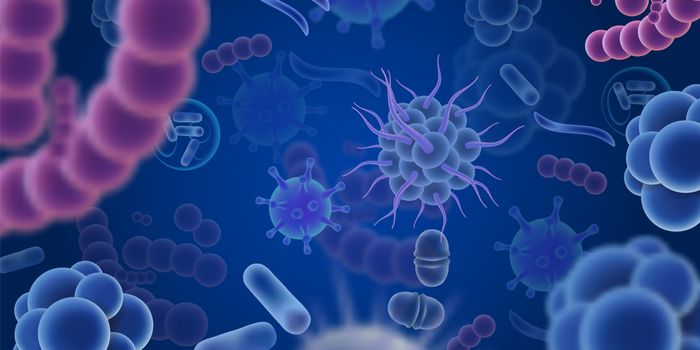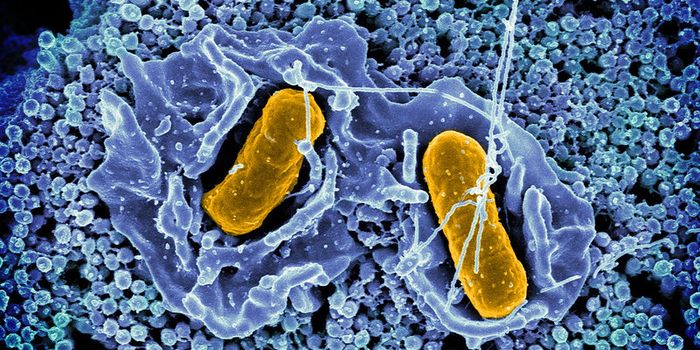Lead Exposure Seems to Affect Gene Expression in Kids
Lead is known to be dangerous, and lead poisoning can have an especially harmful impact on children. While the use of lead has been reduced since people have learned more about how dangerous it is, there are still places where lead levels in the environment are high and pose a serious risk to human health. One of those places is Kabwe, Zambia, which is thought to be one of the most polluted places on Earth because of its proximity to an old zinc mine.
In work reported in the journal Environmental Research, scientists investigated the impact of lead pollution on genetics in children that live close to the mine (compared to children that live further away). The researchers measured how much lead was present in the children's blood and found that those who lived closer to the mine had levels of lead in their blood that were three times as high as those that were living further away.
Gene expression can be affected by chemical tags like methyl groups - epigenetic factors that latch on to the genome. Some epigenetic tags are also passed down to future generations. In this study, the scientists applied a method called methylation-specific polymerase chain reaction and used the study participant's blood samples to assess methylation patterns in their genomes.
The research team identified a connection between high levels of lead in kids and the methylation of a gene that's involved in the synthesis of a molecule called ALAD, which plays a role in red blood cell development. Another gene with altered methylation was p16, a known tumor-suppressing gene.
This work may help us understand more about the mechanisms underlying lead poisoning, which can cause kidney and brain cancer, among other illnesses, and in children, can have a detrimental effect on their neurological development.
Follow-up studies may help to show how widespread lead poisoning is in the region, and providing health care to the children of the community.
"The ultimate goal is to achieve a lead-free population to ensure a healthy future," said study co-author Dr. Yared B. Yohannes.
Sources: AAAS/Eurekalert! via Hokkaido University, Environmental Research









